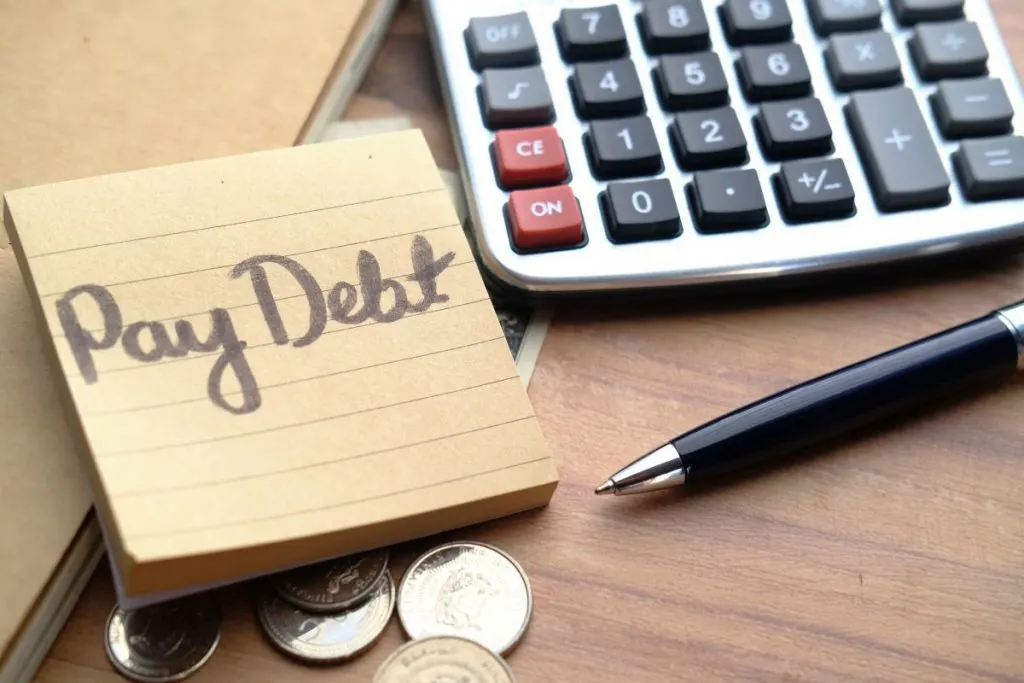Debt often helps support some of the biggest decisions we make in life like buying a car, getting a mortgage, or applying for a loan to pay for your college education. We might need to cover many things that often lead to the accumulation of debt which does not necessarily mean you’re mismanaging your finances. Even when you have high amounts of debt, you need to implement smart strategies to manage your debt in order to reduce its impact on your welfare. Check out these 6 smart and effective ways to manage your debt.
- Make Timely Payments
Make sure you make timely loan repayments to avoid creating unnecessary debt. Late or missed payments on your debts can result in penalties or late fees, and interest rate hikes which can cost you more money for no apparent reason. When you make early payments, you will protect your credit score and create a good relationship with your lenders. Talk to your lender if you can’t make a payment to avoid fees.
- Get Debt Help
If you find yourself in trouble repaying your debts, you should do some research first to get more info about the many debt relief options available. Understand the pros and cons of each debt solution so you can decide which option works for you based on your debts, income and assets.
You can also learn how to save money, stop collection calls and lift wage garnishments.
- Debt Consolidation
Another viable option is debt consolidation. If you are struggling to manage several loans that may be generating high interest, consolidating them into a single loan can make your life easier. Once you consolidate your debts, you end up with one loan with a set interest rate that’s lower than you were paying before.
When exploring debt consolidation, seek a lender with lower interest rates and favorable payment terms. This will simplify your debt obligations by making it easier to manage and track your payments. It becomes easier to make progress towards lowering your debts when you’re focusing on repaying one manageable loan.
- Start Paying High-Interest Debts First
It’s a good idea to start paying debts with high interest, and this is known as the “avalanche method.” For instance, focus on paying more towards a credit card with a high interest while still making the minimum payments for your other debts.
You could also consider try focusing on smaller bills first, known as the “snowball method.” When you pay the smallest amounts first to build momentum before you move on to focus on larger debts. If you have one or two big loans, it will be easier to manage them when you have no other commitments.
- Pay More than The Minimum Amount
You should check your budget to see if you can get extra money to channel toward repayments of your debts. When you get a loan, you will agree with the lender on the repayment terms including the minimum amount you should pay every month. However, you can reduce the repayment period and lower the interest rate on your loan if you pay more than the minimum payment. If it takes you a shorter period to repay a specific debt, you can then focus on repaying other loans you have.
- Review Your Budget
If you want to pay off your loans faster, you can achieve this by spending less money or increasing your income. This means you should review your budget to ensure you can balance your finances with loan debt repayments. If possible, you can consider a side hustle or part-time job to earn more money to pay your debts.
You should make necessary adjustments to your budget so you don’t waste money on certain things you can live without. Review all the items on your budget and arrange them according to their level of importance. Classify the items as needs or wants to see where you can reduce spending. You can do away with wants and use free money to pay off your debts.

At some point in life, we all apply for loans to cover emergencies or make big purchases like buying a home, a car, and other assets. However, loan repayment can be a challenge, especially if you lose your source of income or fail to plan your finances. The good news is that these tips can go a long way in helping you manage your debt.

